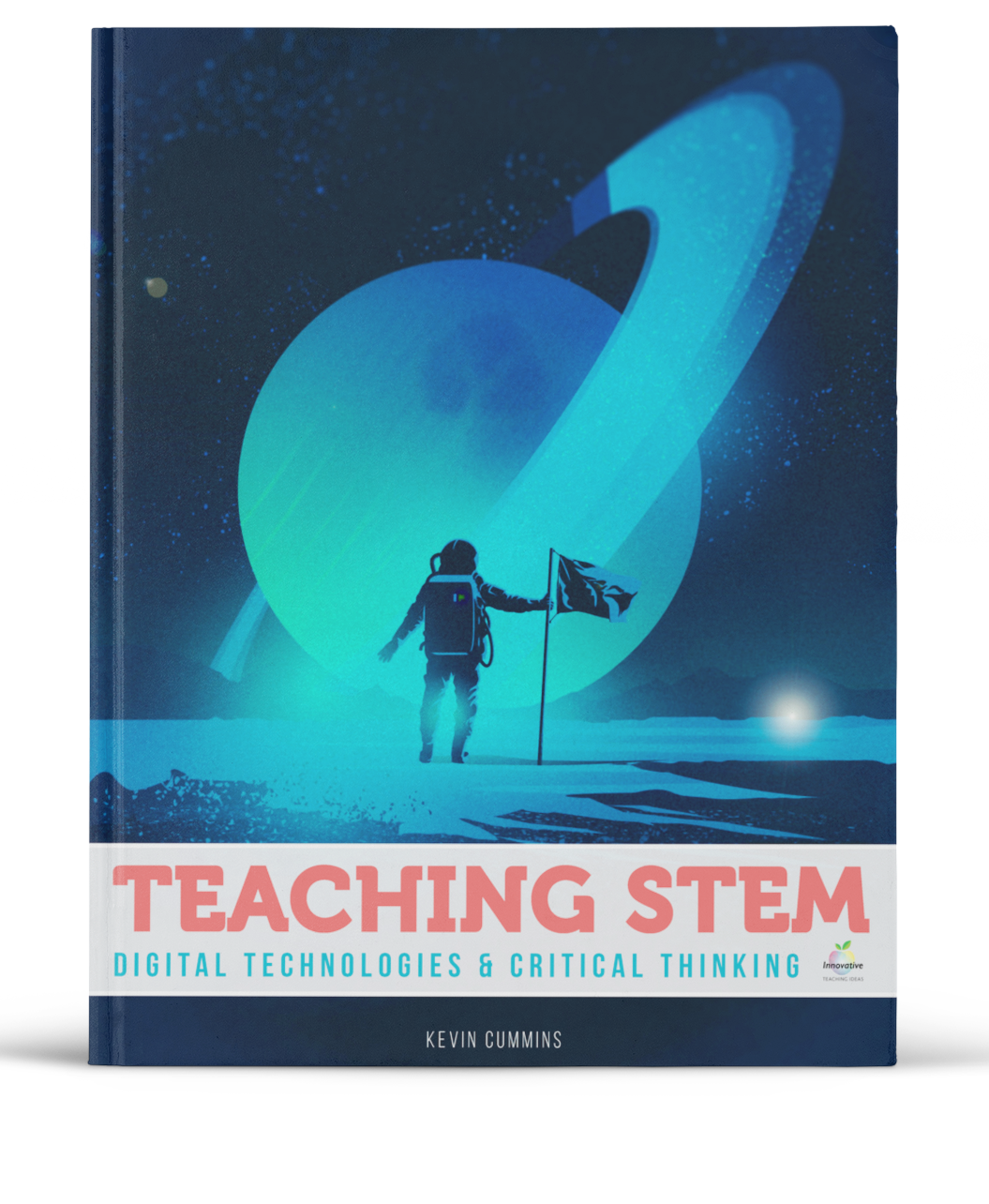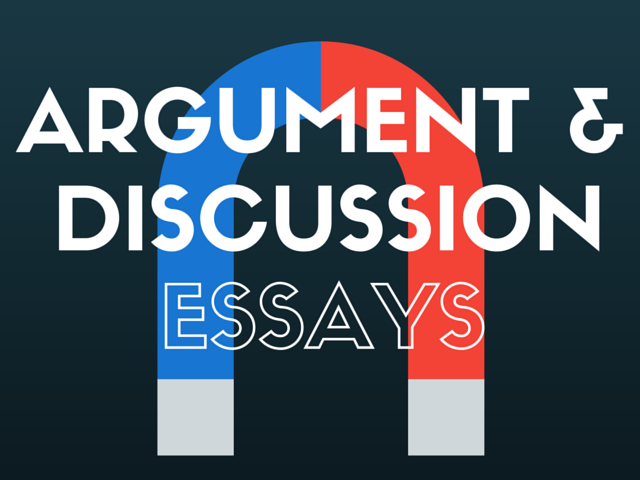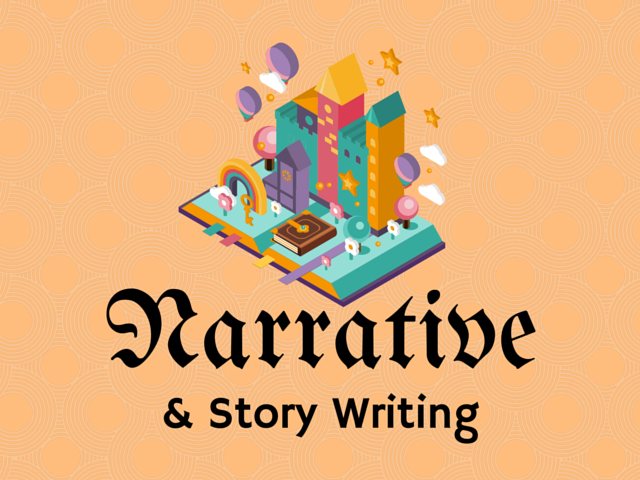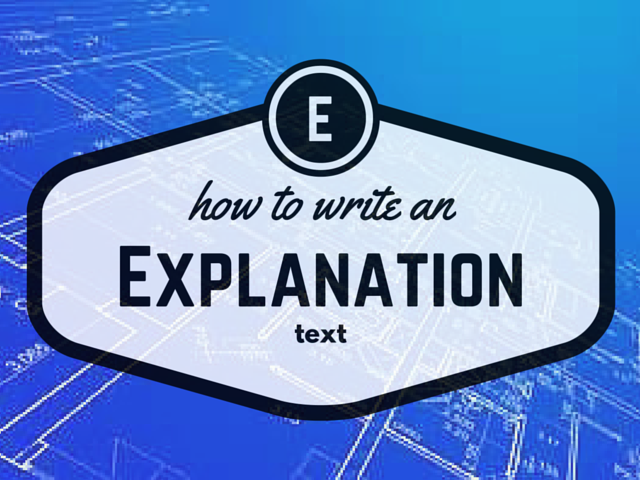Unlock the potential of Google forms and QR codes
/Google forms is a game changer for teachers and students who need to collect data in a strategic yet simple manner.
The ability to create a Google form within minutes and collect real time feedback impresses those who create forms and instantly see the results in spreadsheets, charts and graphs. However, in my eyes the delivery of that form to an audience can sometimes be poorly managed.
QR codes offer a simple way for students, parents and teachers to access these forms via their mobile device and give your forms greater impact and uptake from your intended audience.
If you have never seen a QR code then check out the video below. These odd little images allow you to access anything on the web if you scan them with a QR code reader on your phone or tablet. This video explains how to create your own QR code in a matter of minutes.
Just remember that this is a two step process. The first is creating a useful form and the second is creating a catchy method of delivering your QR code linking tho the form.
Student Reading log via Forms and QR code
Old School: So, you are sick and tired of chasing student diaries to see if they have done any reading this week. Hopefully mum or dad has signed off to say this has occurred.
Not only does this very little to improve your understanding of where your students are at, it is highly inefficient considering the alternatives available to you now.
New School: First Create a Google form, This can be done within a couple of minutes. When creating it make sure it actually informs you and your students about what they are reading at home and what is challenging them about that text. Here is an example of what I am talking about.
Your students might complete this form once per week, and instantly you have an ongoing digital trail of everything they have read and furthermore you can use this information to provide future learning opportunities based around their answers to these questions. Simply load up the spreadsheet that is generated from this survey and you will see in seconds who has read and what their insights where about it. You might use the challenging words as the basis for a future test or study task.
To ensure they can access the form in a simple manner you can create a note that gets stuck on the fridge, or a bookmark which students can access and complete on any mobile device. An example of these can be seen below.
Reading homework, formal and informal assessment of reading completed in a snap. You are only limited by your imagination around this.
Over the next few weeks I am going to share some of my other examples of how QR codes and Google forms work brilliantly together but this is a great starting point. Give it a shot.




















